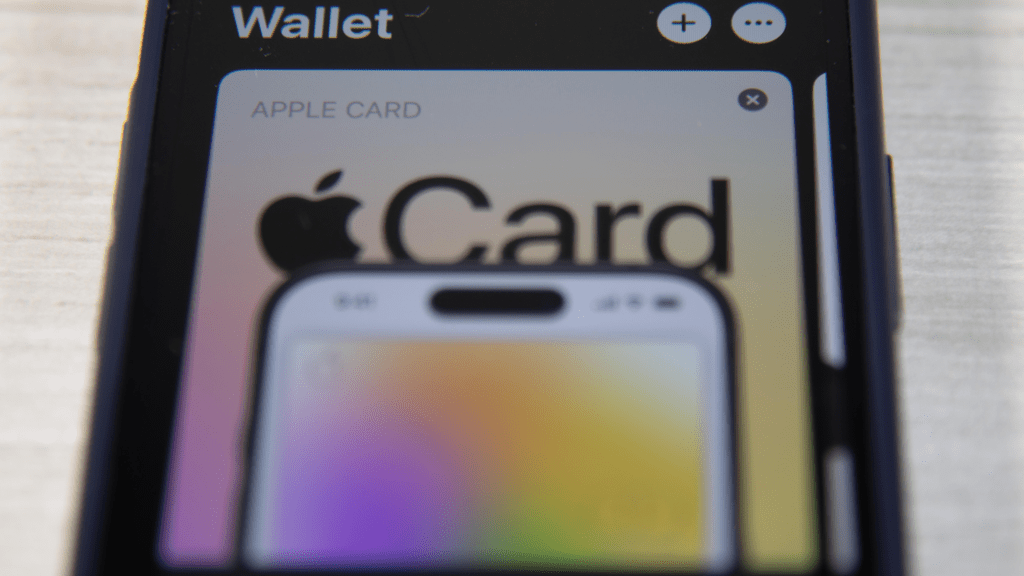Mobile payments have become integral to retail, driven by consumer demand for convenience and speed. From major retailers to niche markets, digital wallets and contactless solutions are now essential. Among the most innovative adopters is the cannabis industry, which, despite regulatory hurdles, is pioneering mobile payment solutions that could influence broader retail practices.
The Rise of Mobile Payments in Retail
Mobile payments have surged in popularity, with 92% of U.S. consumers reporting usage in the past year. In-app purchases have grown significantly, and in-store mobile wallet usage has risen from 19% in 2019 to 28% in 2024. This shift reflects a broader trend toward contactless, app-based transactions.
Retailers are adapting by integrating mobile payment options to meet customer expectations. However, some, like Walmart, continue to resist popular platforms such as Apple Pay, opting instead for proprietary systems like Walmart Pay, leading to customer dissatisfaction and potential lost sales. The larger trend shows that retailers unwilling to embrace broad mobile wallet integrations risk falling behind.
Cannabis Retail: Innovating Amid Constraints
The cannabis industry faces unique challenges due to federal restrictions that limit access to traditional banking services. Major payment networks like Visa and Mastercard avoid the sector, complicating card payment acceptance and creating a reliance on cash.
In response, cannabis retailers have developed specialized mobile payment solutions. Platforms like CanPay, Dutchie Pay, and Flowhub Pay offer compliant, cashless transactions tailored to the industry’s needs. These systems often utilize PIN debit or ACH transfers, which provide alternatives to cash while enhancing security and convenience.
Companies such as BLAZE and Dispense have created integrated point-of-sale systems that pair inventory management with mobile payment processing. These all-in-one systems streamline daily operations, reduce transaction friction, and support data tracking for compliance audits and business intelligence. Mobile payments in dispensaries are now as much about backend functionality as customer-facing ease.
Navigating Compliance and Building Trust
Compliance remains a critical concern for cannabis businesses. The industry’s reliance on cash has historically posed risks, including theft, employee fraud, and accounting difficulties. By adopting secure mobile payment solutions, dispensaries can mitigate these risks and build trust with both customers and financial institutions.
Legislative efforts, such as the proposed SAFE Banking Act, aim to provide clearer banking guidelines for legal cannabis businesses. While progress remains slow at the federal level, many payment solution providers are staying ahead of potential regulatory shifts by building compliant frameworks that can adapt quickly once policy changes occur.
Payment solutions like ACH-based platforms also help reduce reliance on workarounds or shell companies that previously skirted regulation. With transparent and secure transactions, cannabis retailers are taking proactive steps to legitimize their operations in the eyes of banks, customers, and state regulators.
Broader Implications for Retail
The cannabis industry’s advancements in mobile payments offer valuable insights for the wider retail sector. By prioritizing compliance, security, and convenience, cannabis retailers show how to navigate complex regulatory environments while leveraging technology to improve operations.
Other retail industries, especially those dealing with high-value or high-risk transactions, can learn from the cannabis sector’s use of integrated digital payment systems. Tools that bridge mobile wallets, POS systems, and inventory databases improve not only the customer experience but also operational efficiency and accountability.
As Gen Z and millennial consumers increasingly favor digital-first interactions, the demand for frictionless, cashless checkouts will continue to rise. Retailers that follow the cannabis sector’s lead in adopting versatile, secure mobile payment options will be better positioned to meet these expectations and differentiate themselves in competitive markets.
In conclusion, mobile payments are reshaping retail by offering enhanced convenience, faster checkouts, and more secure transactions. The cannabis industry, out of both necessity and innovation, is setting a new standard for digital payment integration. As regulatory frameworks evolve and technology advances, both cannabis operators and mainstream retailers will benefit from embracing the mobile payment revolution.

